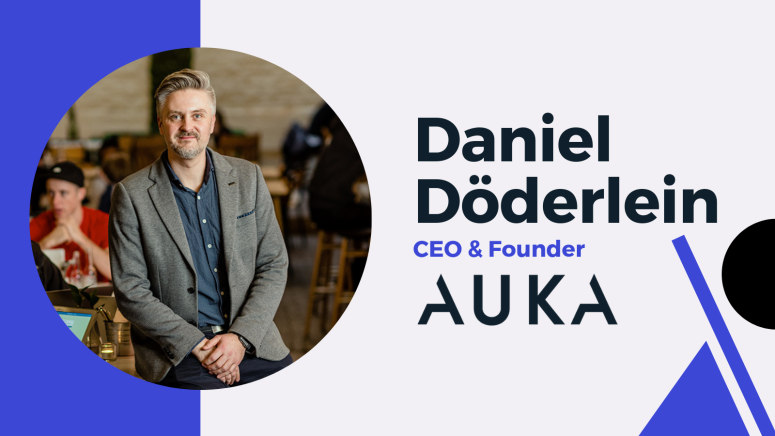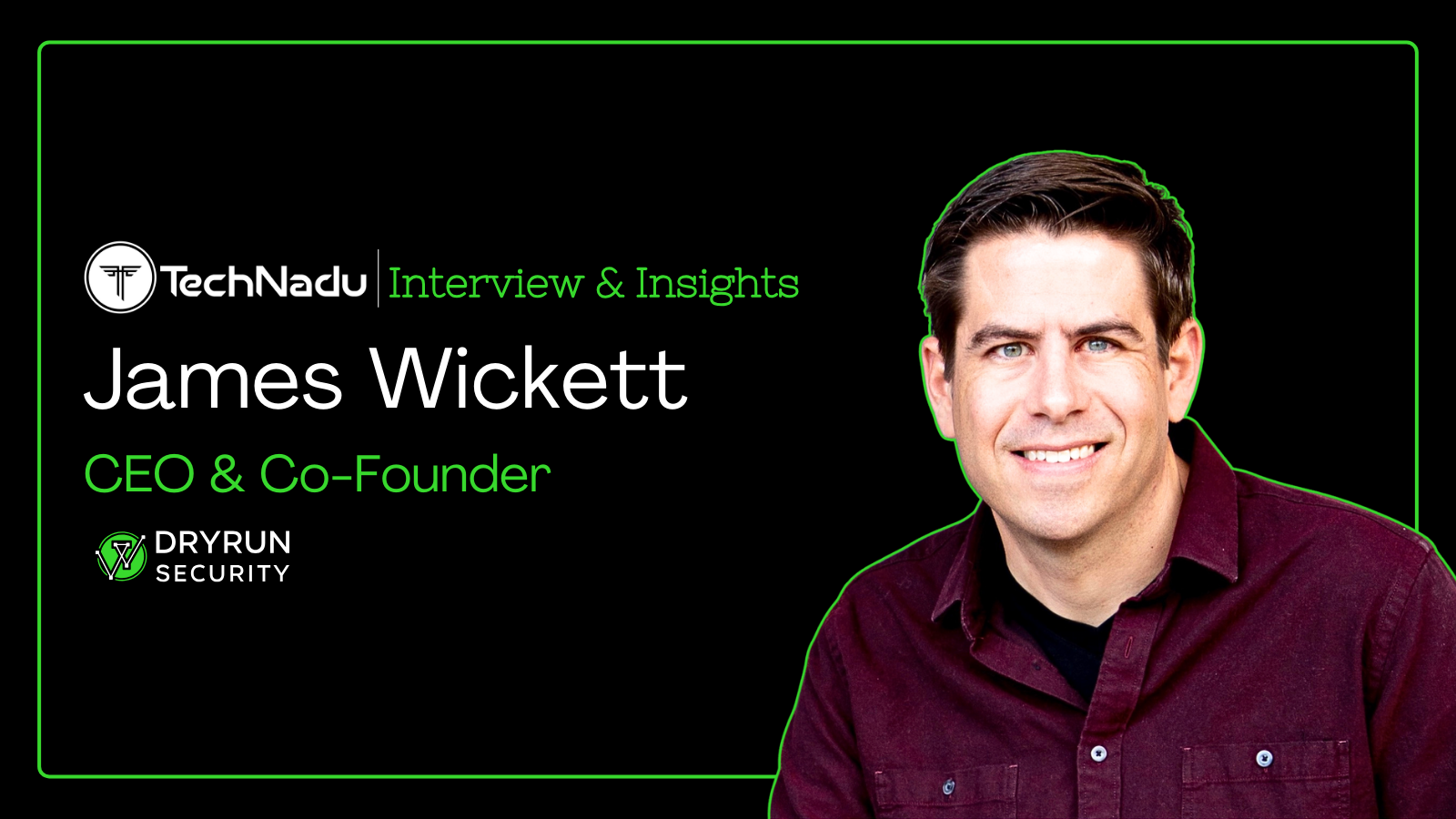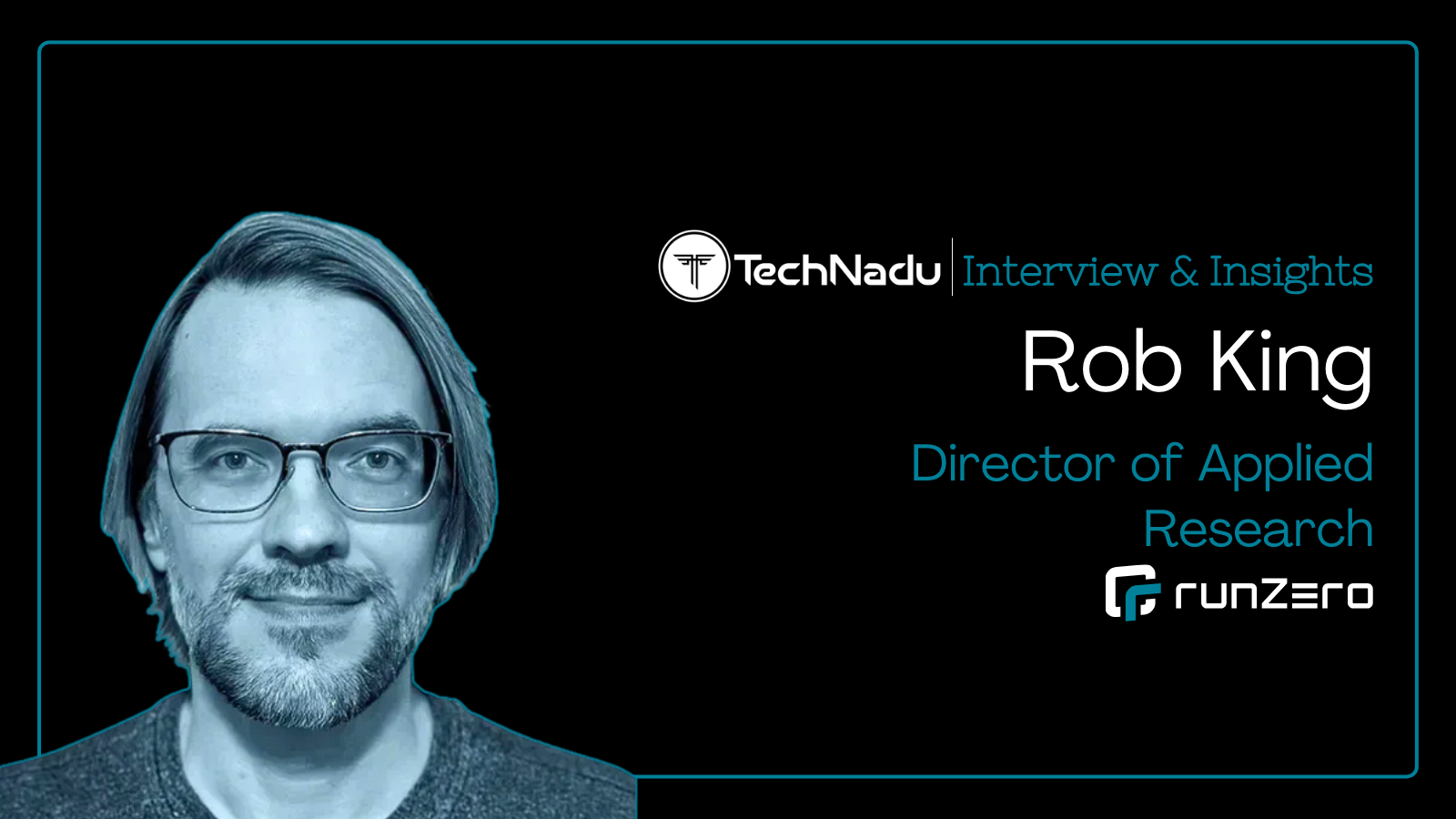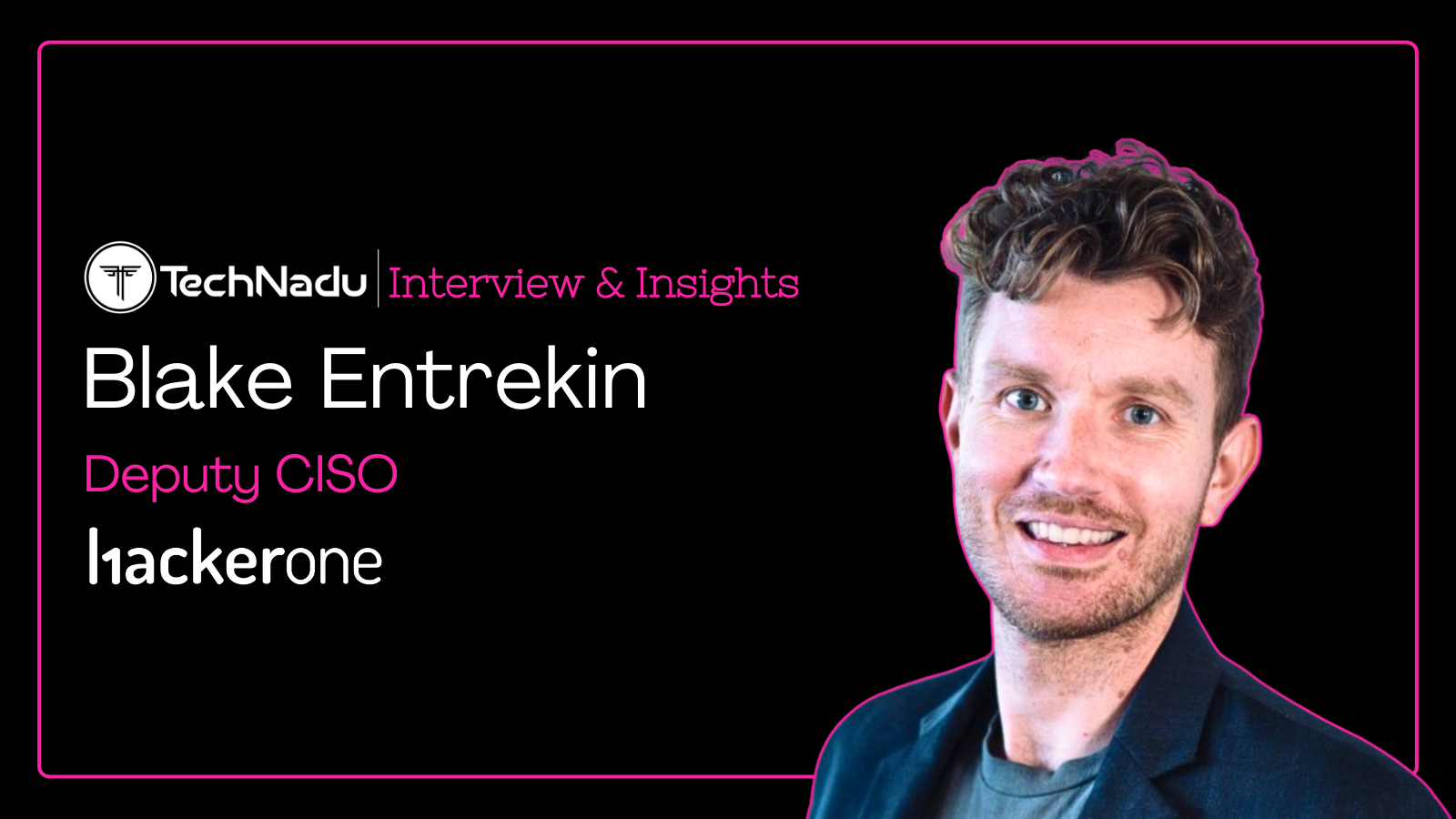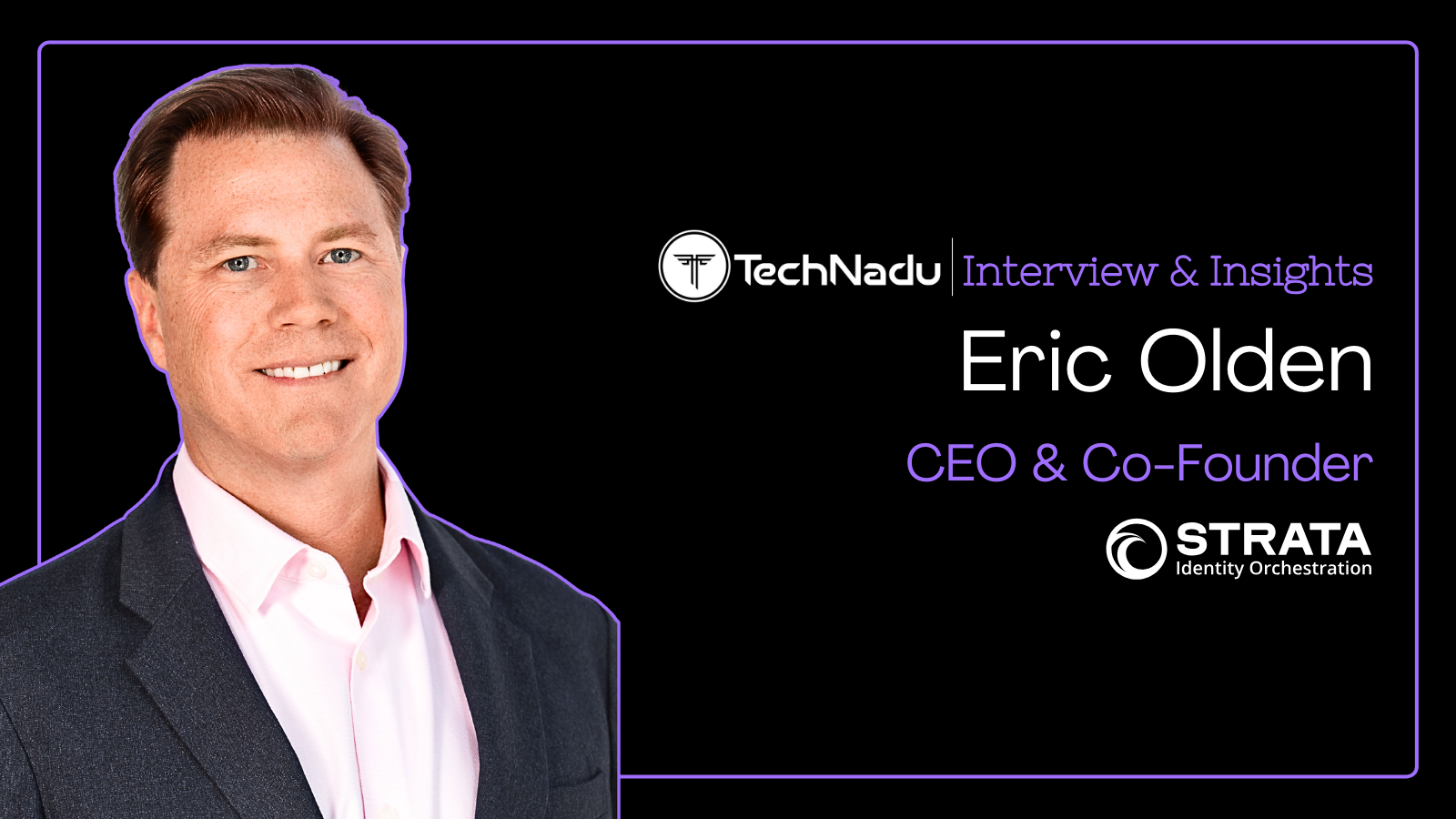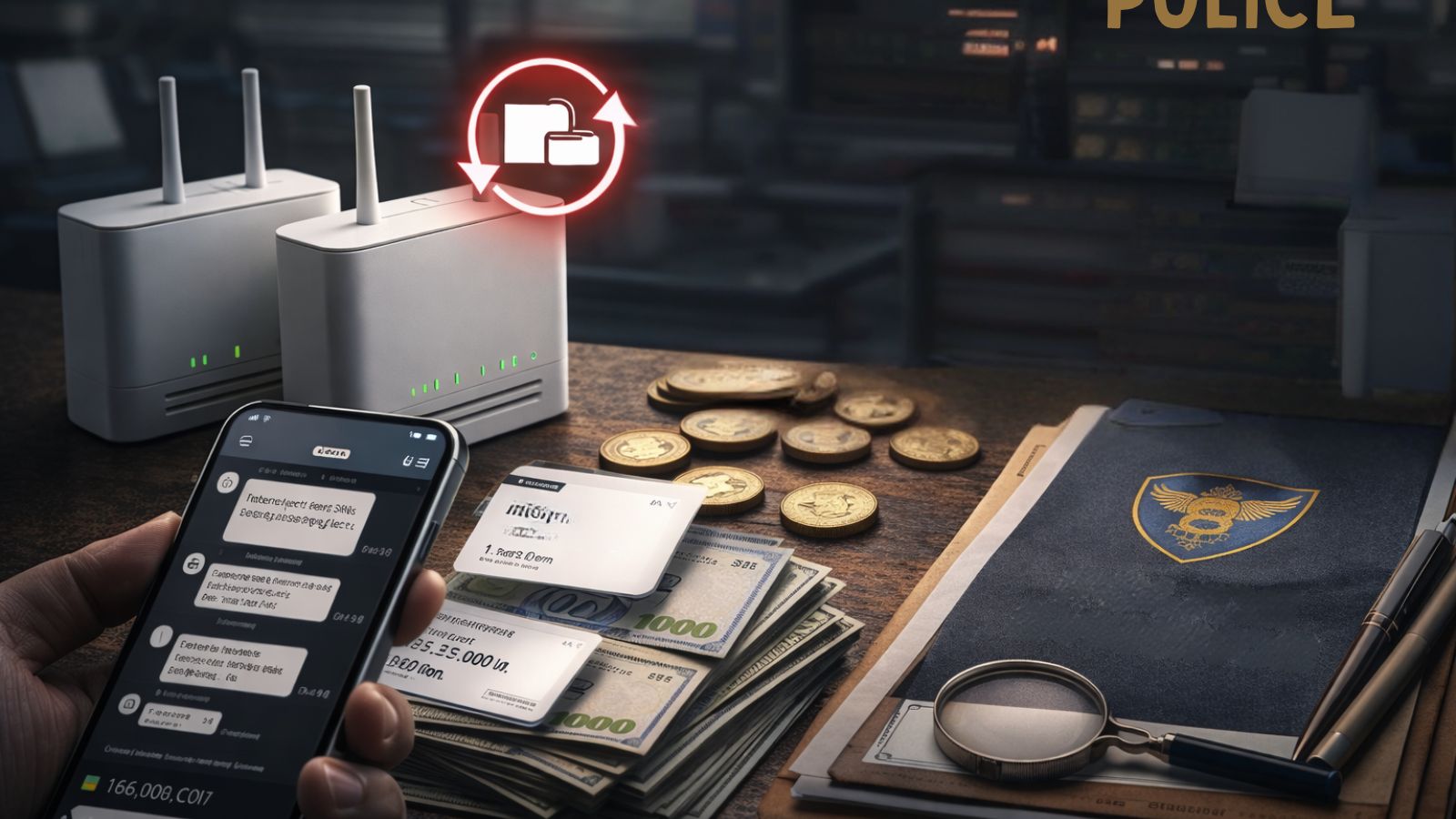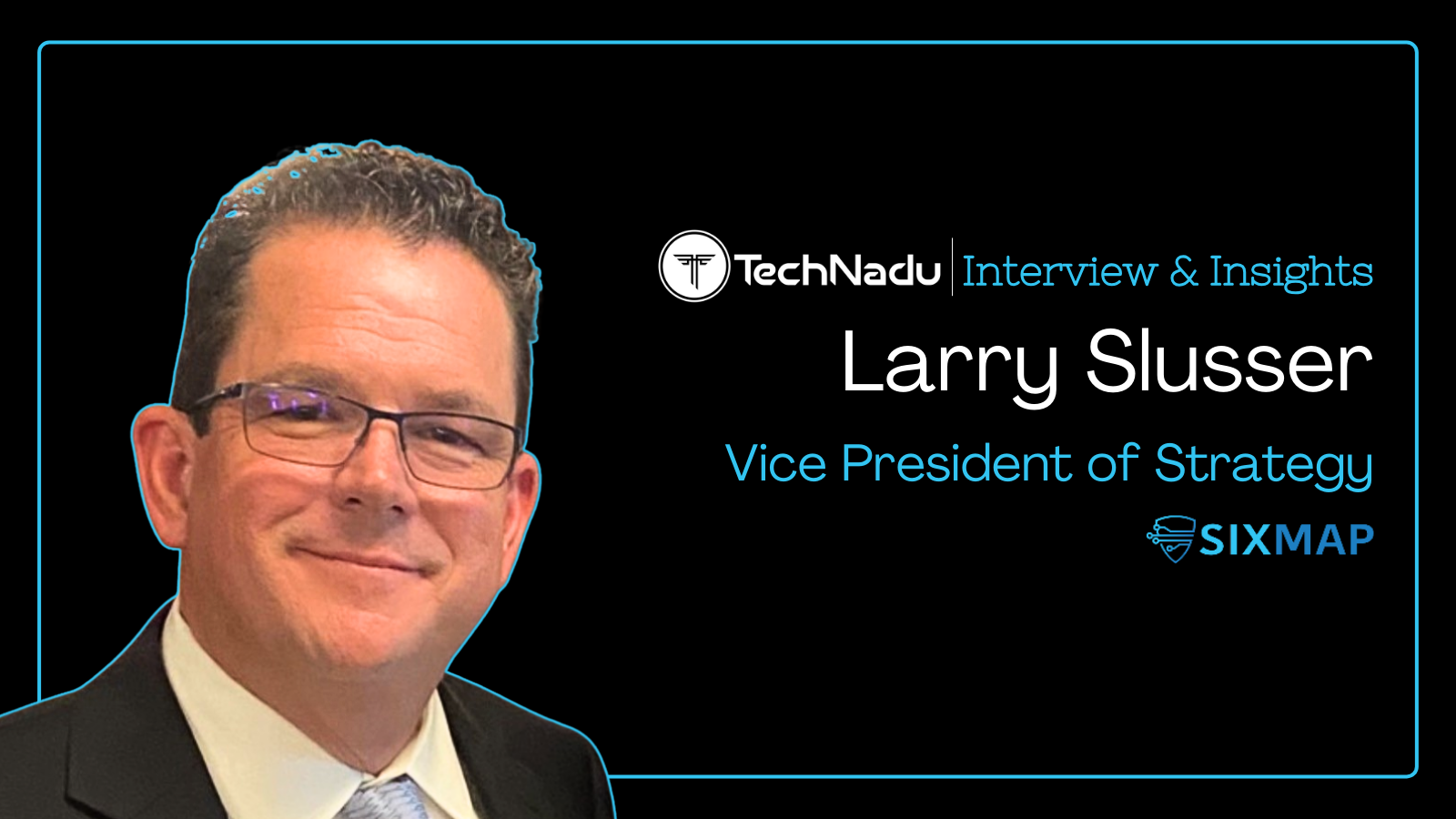
Daniel Döderlein, Auka CEO & Founder – Using ‘Settle’ Is Safer Than Using Cards for Payments
The fintech industry is rising and expanding as more people start trusting these new ways to do banking, but also new ways to pay by simply using your smartphone. While these are a departure from traditional banking, the market is changing and banks are changing with them, adopting new ways to help modern customers pay for anything they want.
Auka is a company that has managed to bring in a new way to help people move money by simply texting each other. With the original mCash business sold to a Norwegian bank, Settle was born as a way to help people across Europe and other markets pay for the things they want.
Daniel Döderlein, Auka's founder and CEO talked to TechNadu during the Bucharest Tech Week in late May, covering a number of topics and trying to get us to better understand everything that his company stands. He also explained how this new technology can help us use our phones in a smarter way to "order ahead" before even entering a shop and simply picking up our order "Starbucks style". How safe is this technology and how spread out it is? Let's find out.
TechNadu: So, tell us something about Auka. How did you start?
Daniel Döderlein: The journey behind what we're doing started in 2006. So that's before fintech was even invented as a word. And I had this very simple and naive idea - everyone was using Nokia phones and were sending text messages right before the smartphone age and I wanted to be able to send money using those text messages. You would just send and receive money using your phone. I figured out that it was not that simple, so I ended up spending four years studying payments infrastructures to figure out how it could actually work.
Once I figured out how to make it real, I designed the new system from the ground up, put together the company - that's 2010 - and we designed what today is one of the most advanced financial services platforms on the face of the planet. Still, at that time nobody wanted to buy the technology because we were ahead of the curve, so we decided to apply for a license under the PSD1. So we got the first license as a payment institution and we launched the first mobile payment service in Norway which was called mCash.
We built the technology from the ground up. We wanted to enable people and businesses to pay and get paid by just simply using their phone, and contactless; we were the first to try to do that in the Nordics. And we were unsuccessful selling it to banks, so we were forced to go directly to the market ourselves. So part of our legacy and our story is that we've done everything. That's why I have all the gray hair. We pride ourselves in all the different things we had to do, which give us an unfair advantage because technology is just one thing. The other thing is the actual knowledge and experience that you can't really buy for money because you have to have done it to know it. You can't go to a consultancy and say “OK, tell me everything about this industry.” They can't tell you all the nitty-gritty details that we've learned. So that's part of our unfair advantage.
TechNadu: So, what came next? What was the next step?
Daniel Döderlein: When we were successful in the Nordics, the largest bank group in Norway came along and said "How about we just buy this thing because now it's a brilliant idea, we love it. This is something the banks need to control" and I was like "I told you so." So we entered into an agreement with them and we did a licensing deal with the largest bank group in Norway basically selling our Norwegian business, the mCash service, to them. That was fortunate for us in many ways because it gave us the opportunity to go from a startup to become an established company with massive revenue and we became successful.
We also supported the banks through their journey. So we learned not only being on the outside but also being on the inside, working with the banks again adding to our unfair advantages on our list of experiences. Then, we had to figure out how we could capitalize on this on a larger scale because we've sort of ticked off the books for the Nordics. We've done everything we could do. We fought the banks, we won the market, we sold to the banks, and we supported the banks. Now what? And that's the creation of Auka as you know it's today. It's the same company, the same employees, the same technology, the same shareholders. But we changed the name not to be confused with what we did in Norway because we licensed that to the banks.
So we traveled the world and we tried to do market research and study this time around to not face the same failure as I did the first time around trying to sell something to the banks that they were not mature enough to buy. I didn't want to spend four years waiting for them to mature so we traveled around the world, predominantly in Europe, to interview the various banks out there. This time around we had a great story because we come from a position of strength. We've done this before. We know how it works. We can give you insights. So we went out there and we talked to them and wanted to figure out if they understand what's happening both in China and in the Nordics. Do they see this channel play just someone producing a very nice application as a challenge for the bank? Because it could be anyone - it could be Facebook, it could be Amazon, it could be anyone. And what we gained from that is deep learnings and insights into what the European bankers were thinking. And funny enough, they all were very interested in mobile payments the way that we've defined that from the Nordics. They wanted to do the same. And we had to come up with a way where we could serve many banks because it's very hard for a 40-person company to just sell technology and then service that technology on a bank-per-bank basis. It doesn't scale because then you become a consultancy and nobody that works for me wants to be in a consultancy.
So we have to design a model that benefited from everything that we have and what we've learned. So that's why we designed 'Settle'. So Settle is the payment scheme that's created by Auka. It's basically everything we've done before all the hard learnings both from a technology perspective and from a business perspective reinvented in a new service. That service is now being launched across the board.
We have our own free license out of Norway and we have passported the license into every single EU member state. We're launching country by country by country and we're bringing Settle.
TechNadu: I find that when discussing this type of new platforms the best descriptions come from the people who created them. So, what exactly is Settle and how does it work?
Daniel Döderlein: For you as a consumer, Settle is a mobile payment app. It's the simplest, safest and smartest way for you to deal with your money. So you download the app to your phone, you can connect your bank accounts and your cards. You can see your balance and you can pay to anyone in your contact list, can send money to any phone number in your contact list in real time. And it's free. So when you want to pay your children, or you want to pay your grandma, you pay your friends, or whoever you want to exchange money with, you don't have to go to the A.T.M. anymore. You can actually Settle to them anytime anywhere using your phone and you can be accurate and it's trustworthy and you know it passes through.
So that's what we're doing on the consumer side. Then, on the merchant side. We've figured out that there are many payment situations that are not well covered by cards for merchants. We know this because we've deployed mobile payments in the very modern market where everyone has cards and every merchant already accepts cards. So we're not focusing on the traditional store situations because you don't have a problem paying in your normal store. There is no problem because if there were, the store wouldn't exist and you wouldn't shop there.
There are other situations where there are problems, specifically in the very cash-heavy economy. Some of the problems would be cash because cash gets stolen, you don't have change. Going digital will aid some of those problems but, more importantly, going digital means that you can sell in new ways, without necessarily relying on any hardware.
TechNadu: Can you give us a concrete example of how this would work?
Daniel Döderlein: So, at a small family bakery, they don't know a lot about Facebook marketing so they're not competing effectively against the big chains. They're just a small local bakery - they sell to 100 people every day and they make their small margin. Now, if they decided to accept Settle, not only could they do digital payments in the store, but they could also open up a digital store on your phone. Let's say you're walking down a street that you haven't walked down before, and you look at what's available. We know that it's lunchtime so we show you the nearby merchants and we show you a good offer, like baked goods and a coffee from this particular bakery house, and you get tempted. You can buy straight from your phone and pay for the product. So you're basically ordering. Then, you can step in and you can collect by just showing your order on the screen without paying anything in the store because the payment has already happened.
If you grow accustomed that everything you need is on that screen, you'll start to use that, you wouldn't chase the streets to find something. That's how you do it today. You Google it. That's it. What we're doing is we're reconnecting directly with the merchants so you can just buy stuff. It's what we call the "Starbucks effect". Because Starbucks has been extremely successful in selling coffee, but people still queue up in the store. So what did they do? They gave you an app and people are now not queuing up in the store anymore. They're just coming in and passing the queue picking up their cup because it was ordered and paid for using the app. So we're basically giving the Starbucks moment to any merchants.
TechNadu: How about implementation. Have stores started adopting this?
Daniel Döderlein: Yes. We're launching across Europe, country by country. We announced in November that we're launching in Croatia, and also Cyprus. Our goal is to turn on all the markets, step by step. I can't give you dates for the rest of Europe as it also has to do with the different currencies.
This year we're going to turn on more markets. Today at Bucharest Tech Week, we also announced that Romania is high on our list, with a launch in the next 6 - 12 months. In order to do this successfully, we need local partners and I think that's a huge differentiator for what we're doing compared to a lot of the other players. When we launch in Romania, we're actually launching through a local legal entity. We're setting up a local legal entity here in Romania so that some of the value what we're creating actually stays here. We've already set up and started to hire people here, and we’re very proud to have four employees now on the ground here in Romania. That's just enough to bring in the local flavor into our products, which is important. They understand the local context that we don't have.
Yes, we have unfair advantages, we come from a community of people having the coolest phones, the fastest technology, and all of those things. But we need to connect that culturally, locally, if we're supposed to be successful here. We're setting up a local office, setting up local legal entity forward, and set the scheme. We're looking to work with local partners as investors into that local entity. So the local business community can actually join in and make Settle a success and make it part of their own success, which is important for us. So that's the model that we're working on.
TechNadu: I found that when using such mobile payment systems, one of the issues many people have is the trust of linking their bank accounts with that specific app and actually using it because it gives access to some sensitive data. How do handle this issue from a security point of view?
Daniel Döderlein: This is an educational challenge. It's not a rational challenge because actually e-money enterprises are regulated more strictly than banks. So we're not allowed to speculate and invest your money or do anything. So any money that flows through our system is actually more heavily regulated than my bank. So it's not rational, but it's very emotional. It's all about being educated to understand what is the actual risk. That's a hard challenge.
The way we do it with Settle is that we're, first of all, extremely open about how the system works and pricing, so that there shall be no surprises. If our business model doesn't work, being transparent, our business won't work. So we need to be very transparent about what we're doing and how it's priced and there are no hidden fees and you won't get shitty surprises. The other thing is also being open about the technology side of things, so we share our experience and how we keep you safe. We have local support in the local language in every market that is available 24/7, in multiple channels - you can call us, email us, or you can chat with us.
And then we work with local distribution partners, so media partners typically, that's going to market this. We're going to spend a lot of money educating the markets in above-the-line-marketing and guerrilla-style marketing so that in smaller communities and universities and stuff like that we're going to put in our ambassadors and educate people about how it works because you need to learn it. You need to basically need to learn it.
From a technology perspective, it's extremely safe, actually more safe than using your card. Because when you pay with your card, your card information can be stolen. When you pay with Settle there is no sensitive information shared with the merchant so nobody can steal anything. And even if you lose your phone, you don't lose your money.
TechNadu: Ok. But how about the cyber attack issues? Recently, they've been targeting anything financially involved, anything that will give them access to any personal data of customers.
Daniel Döderlein: So there are two ways that it can hit you as a consumer, very hard for us to protect you against. I mean if somebody gives you a phishing email, you could be susceptible to clicking it, there's very little we can do besides educating the customers. So what we continue to say is if you read our FAQ, and also in our agreements with you as a consumer - no employee of Auka, nobody involved with Settle, will ever ask you for your login credentials or your sensitive information. That's not how our system works. If you give it away to somebody you're actually breaking the agreement. So that part of it is tough, and it applies to everyone. So it's an educational challenge.
On the technology side, we run a couple of JCP, which is a Google Cloud Platform; the largest, most secure, and most advanced infrastructure from a security perspective as well, is what we run on. We adhere to all the stricter standards, we're compliant left and right.
All our data is encrypted when it passes along in any direction, and there are parts of that data that we can't decrypt. Any moving data is fully encrypted. All data that is stored on disk on our side is decoupled, so it means that we're actually disconnecting it so we're making it into a puzzle. And every single puzzle, besides being signed by you, is also signed by our algorithm, then it's stored and is signed digitally on the disk by Google separately. So that means I could literally give you access to the system right now and give you all the data and all you would see would be random numbers. So the only exposure we have is extremely small, which is more a tech side, but it's because we believe in using the latest technology and following the principles. We're not old bankers, we're hardcore geeks, so we're following the best practices. It's an educational thing; you need to learn to trust guys like us because actually, our security is better than where you're storing your money right now.
TechNadu: One last question since we were talking about trust. There are these big companies like Apple and Google that are coming in with into Europe with their solutions. How do you compete, as a smaller company, not as well known, with these monoliths?
Daniel Döderlein: That's a very good question. Two main answers. So number one - you need to create better products. So looking at the adoption numbers of the wallets you're referring to - none of them are successful. None of them. So Apple Pay, you read about it; we can show you the numbers - they're not successful at all. If you compare them to the alternative payment apps which resemble more what we do, they're literally midgets. So they get all the press, but the actual user numbers are minuscule. So in terms of people's actually using them, it's back to my point about them not solving any problem because you can already pay in your nearby store. If you hold your card or hold your phone, it doesn't really matter, it doesn't really solve the problem for anyone. And for the merchant, it's just the same payment as before.
So one side is the innovation. You actually have to create beautiful products that solve problems for people and businesses. My argument is that the big giants are not doing that. They're predominantly making products on top of existing rails - just yet another card. Argument number two is related to the business model that we have. Our distribution model is based on partnerships. So we will partner with local partners in Romania that have all the interests to keep the control. So both Google and Apple are actually competitors of your bank. They're launching on their own and they're going to steal the customers and they have the marketing power to do so.
When we partner with your local bank we say "you can co-own with us. We can make this into a product on the surface on the scheme that dominates in Romania so that you remain in control. We'll do it together with you." That's a business model which is not used by the two others. They could change but it doesn't really fit with their strategy. They want to control it all and we want to do it through a partnership. So for us, it actually means that the more pressure comes from Google, Apple, and the giants, the more incentive it is for the local partners to join us to protect themselves. So we see that as a great positive.
We'd love to hear back from you so you can tell us if you'll use Settle or if you're already a user. Let us know by writing a note in the comments section below the article. Share the article online if you have the time and follow TechNadu on Facebook and Twitter for more interviews, tech news, guides, and reviews.

